Singapore hotels redefine luxury with oxygen pods, ice baths and more
As high-performance travellers swop facials for biohacking technology, hotels are racing to deliver

[SINGAPORE] Wellness in luxury hotels used to mean a well-equipped gym and a menu of Thai and Swedish massages. Now, some of the most competitive luxury properties – in Singapore and beyond – are chasing a more demanding clientele: high-performance travellers who want to optimise their health through science-backed technologies, even when they’re on the road.
These travellers – some of whom identify as biohackers – are data-driven and results-focused. They track their sleep, stress and recovery with wearables such as Whoop, Oura Ring, Garmin, Fitbit and Apple Watch. They expect their hotel stays to integrate seamlessly into their fitness regime.
They don’t care for aromatherapy and facials – they want hyperbaric oxygen chambers, infrared saunas, contrast therapy, microbiome analysis and vibroacoustic beds that can reset their body clock. Singapore’s top hotels are taking note – and rewiring their offerings.
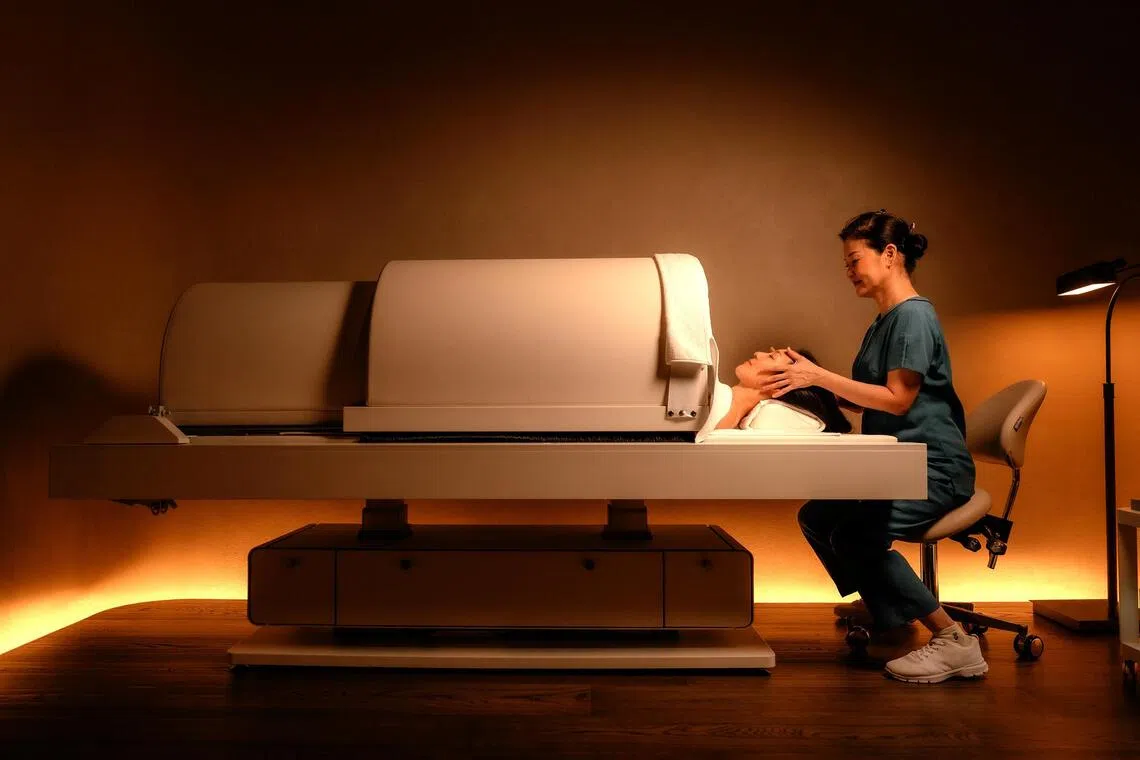
High-tech healing
At the newly reopened Grand Hyatt Singapore, the Damai spa carries more than a hint of science fiction.
The MLX i3Dome cocoons guests in far-infrared heat, negative ions and LED light to trigger “triple detoxification”. Nearby, the RLX Satori lounger and Welnamis water bed deliver vibroacoustic therapy – low-frequency sound and vibration shown in clinical studies to ease stress and guide the brain into deeper rest.
“Travellers today are far more knowledgeable, protective of their health routines, and discerning about what really works,” says hotel manager Timothy Parr. “They want programmes that help them recover and rebalance in ways that are tangible and effective.”
Navigate Asia in
a new global order
Get the insights delivered to your inbox.
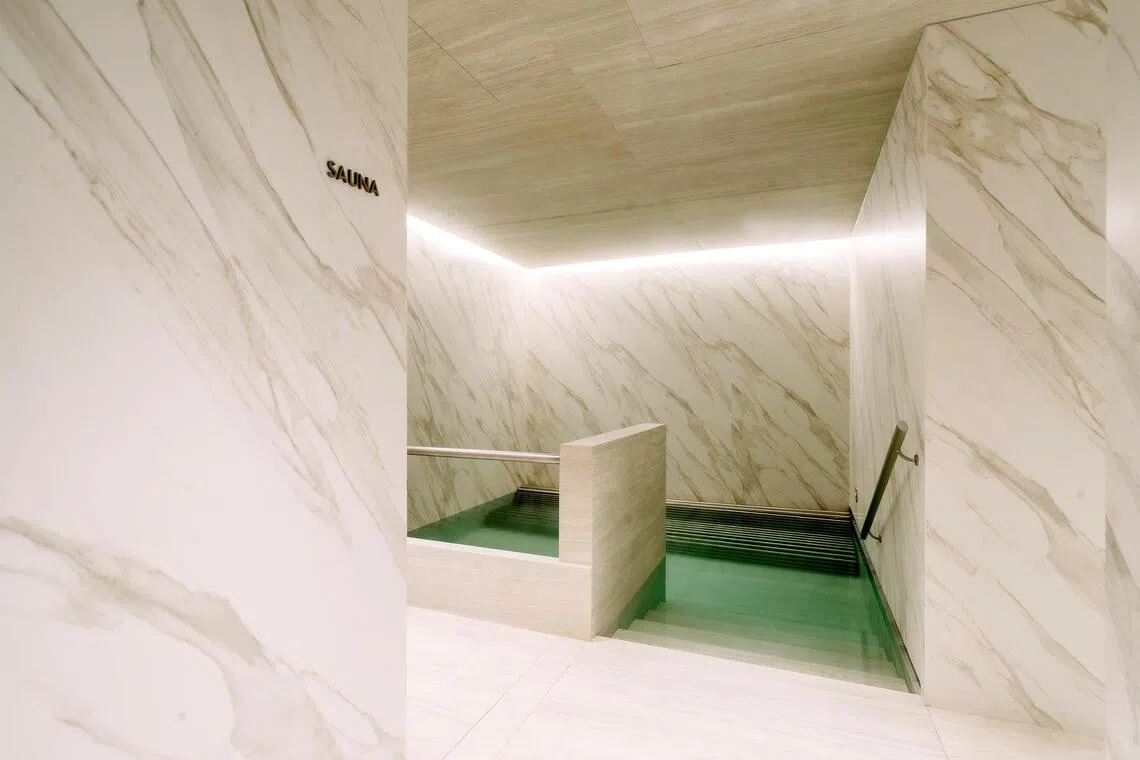
That ethos drives Damai’s new Mind Body Wellness menu, which uses vibration, sound, light and water to combat fatigue and sharpen clarity. Parr insists it isn’t about flashy machines. Instead, he calls it “therapeutic sciences and intuitive traditions meeting modern technology to create experiences you can’t find elsewhere in Singapore”.
For the data-minded, there’s even an Evolt+ Active body scan that maps fat, muscle and body composition with precision. “Many of our guests already track themselves with wearables,” Parr notes. “But this gives them validation and preventive insights.”
In his view, luxury has shifted. Fine dining and thread counts still matter – but the new draw is results-driven wellness.
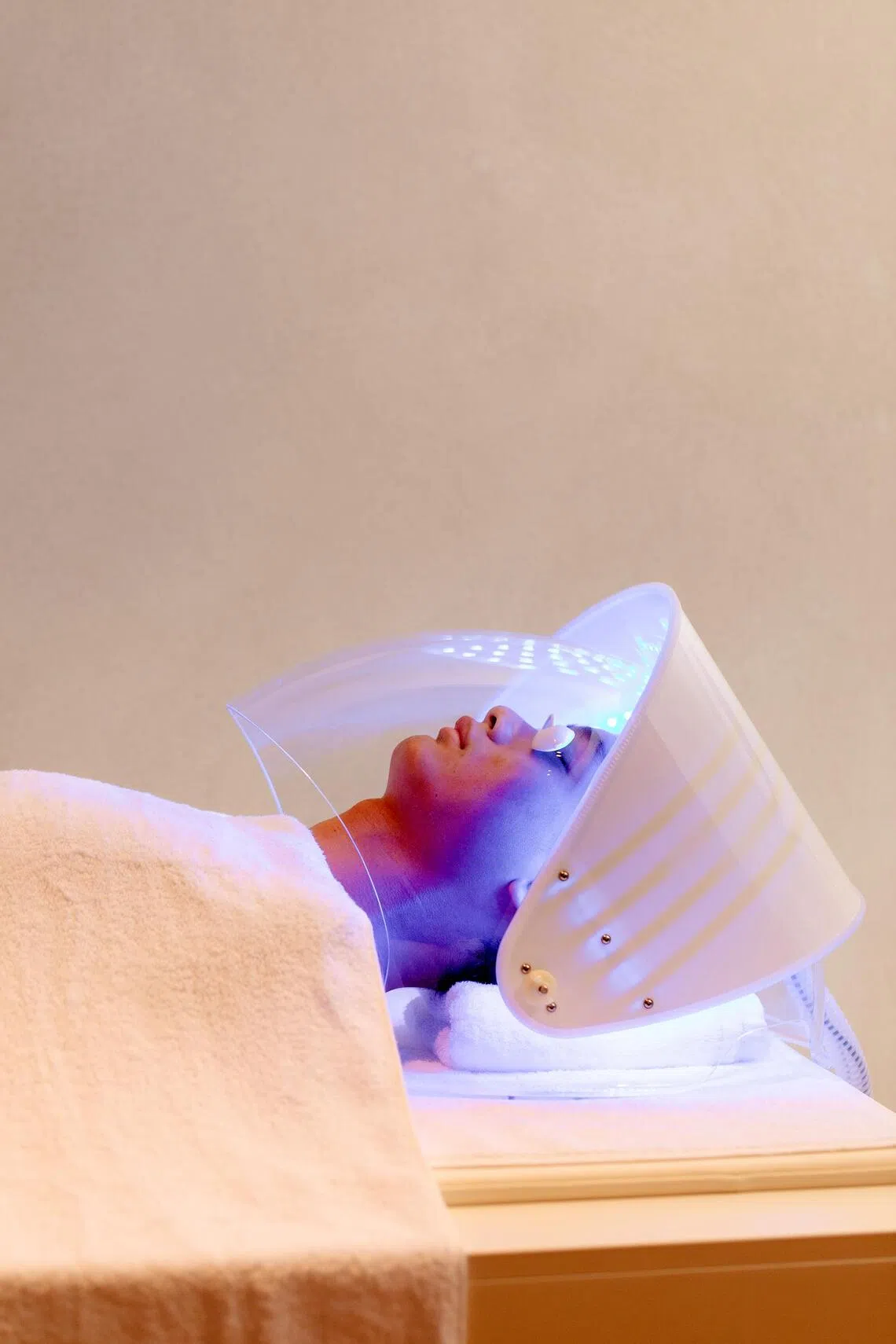
Burnout? Try biohacking
Just down the road, Como Hotels’ wellness arm, Como Shambhala, has turned “recovery” into a brand ethos – attracting biohackers and burnt-out professionals chasing restoration.
“Without proper recovery, there’s a limit to what you and your body can deliver,” says Corinne Ng, the group’s deputy chief operating officer – and a biohacker herself.
Since 2023, the Orchard Road flagship has introduced therapies more common in athlete training camps than spas: hyperbaric oxygen chambers, infrared saunas, ice baths, red-light therapy and gut microbiome analysis.
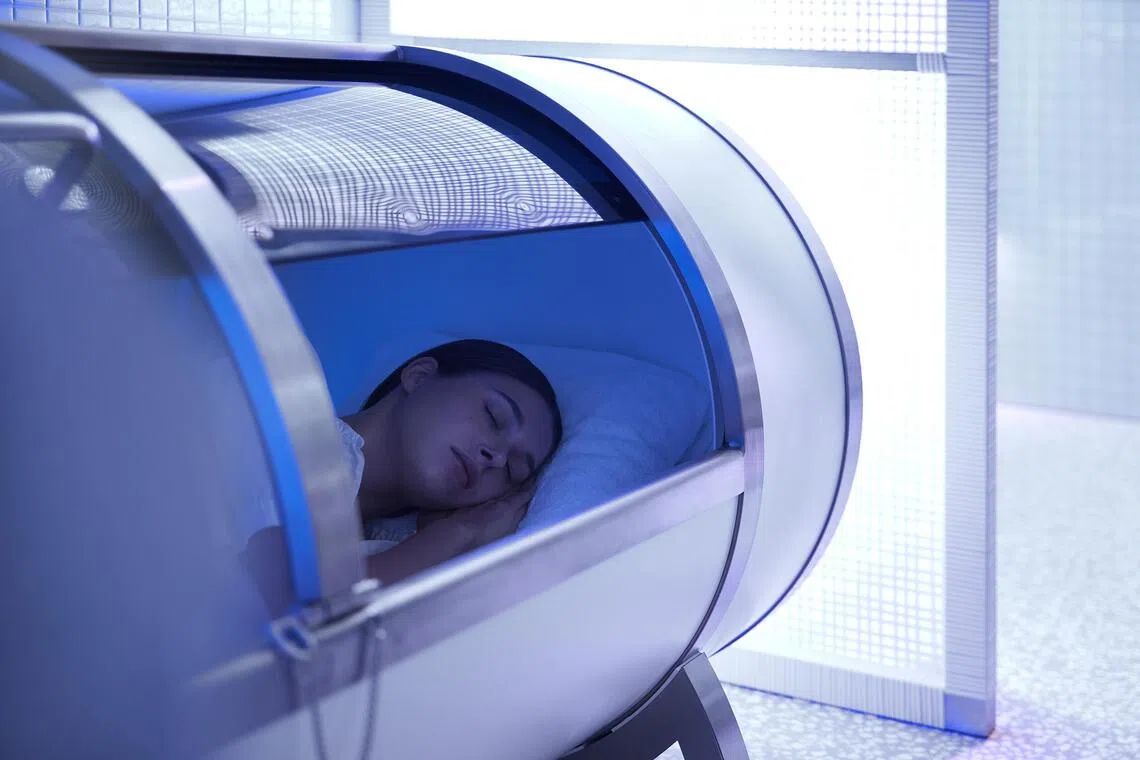
“Health-tech therapies target the body at a systemic level to accelerate healing and optimise recovery,” Ng explains. “They amplify everything else you do for your wellbeing.”
The message is landing. Male clientele rose 15 per cent after health-tech was introduced, while women are catching up – especially those in demanding sports such as padel and Hyrox.
One of them is Sumisha Raina, a tech sales executive and long-time biohacker. After a stubborn racquet-sports injury resisted physiotherapy, she turned to Como’s hyperbaric oxygen therapy.
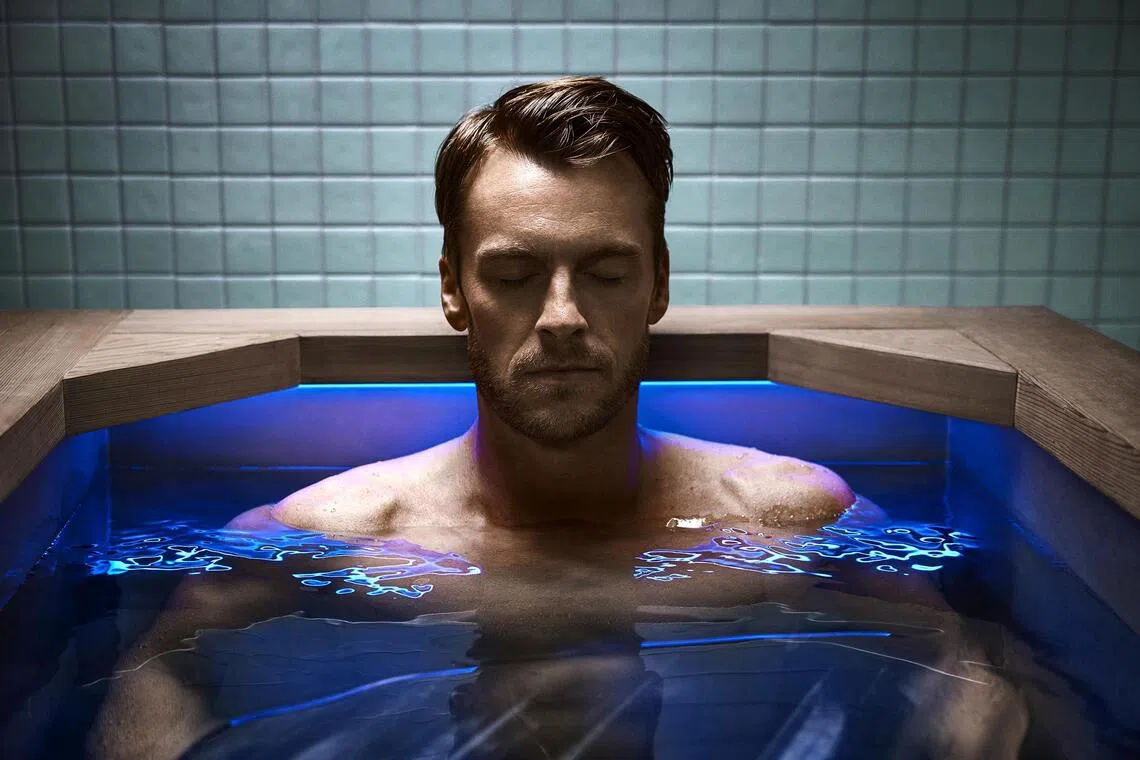
“I came three times a week, and within a month, the pain had vanished,” she says. “My energy, mood, cognition – all improved.”
Her blood tests backed it up: ESR, a marker of inflammation, dropped by 50 per cent, while her C-reactive protein fell below one. “On a scale of one to 10, this treatment has been 100 for me.”
Ng says: “We operate at the convergence of scientific advancement and traditional knowledge. Our data insights help even sceptics make lifestyle changes.”
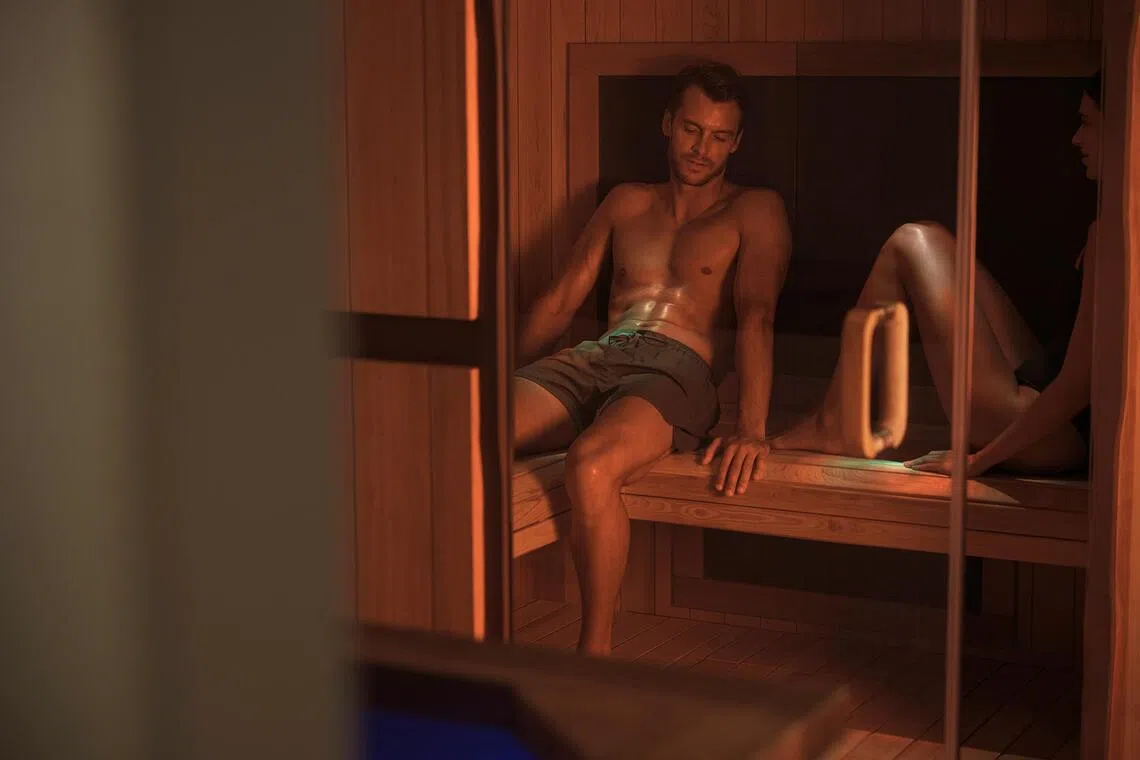
Check in, live long
Over at the Four Seasons Hotel Singapore, wellness has gone clinical.
Thanks to a partnership with Chi Longevity, the hotel now houses a medical clinic offering diagnostics and programmes aimed at slowing biological ageing. DNA and hormone tests, microbiome analysis, lifestyle prescriptions – once the preserve of private clinics in Los Angeles or Geneva – are now steps from the lobby.
“By combining healthy longevity medicine with luxury hospitality, we’re creating a new standard for medical care in hotels,” says regional vice-president and general manager Peter Draminsky. “Guests are more educated and proactive, looking not only for restoration but (also) prevention.”
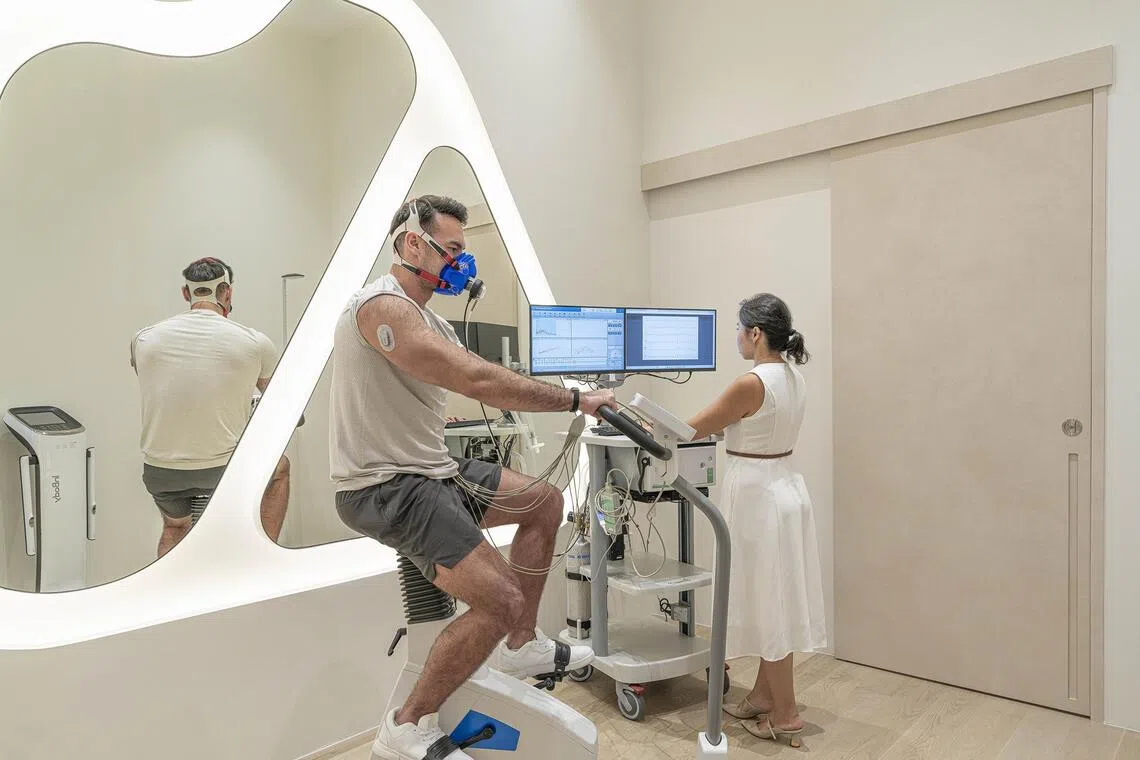
The clientele skews international, aged 45 to 60, hailing from Australia, the Middle East, Europe and India. Many already visit Singapore for healthcare or business – longevity simply becomes part of the itinerary.
Even the hotel’s chefs have joined in. At the Pool House restaurant, nutrient-dense dishes are designed with Chi Longevity dietitians. Guests might finish a morning of diagnostic scans with a bowl of cauliflower rice and miso-marinated cod, paired with anti-inflammatory sides to stabilise blood sugar and optimise recovery.
For Draminsky, this is luxury’s logical evolution. “Science shows ageing can be slowed, managed, even reversed. Guests today aren’t just seeking comfort; they’re seeking rejuvenation, restoration and holistic wellbeing.”
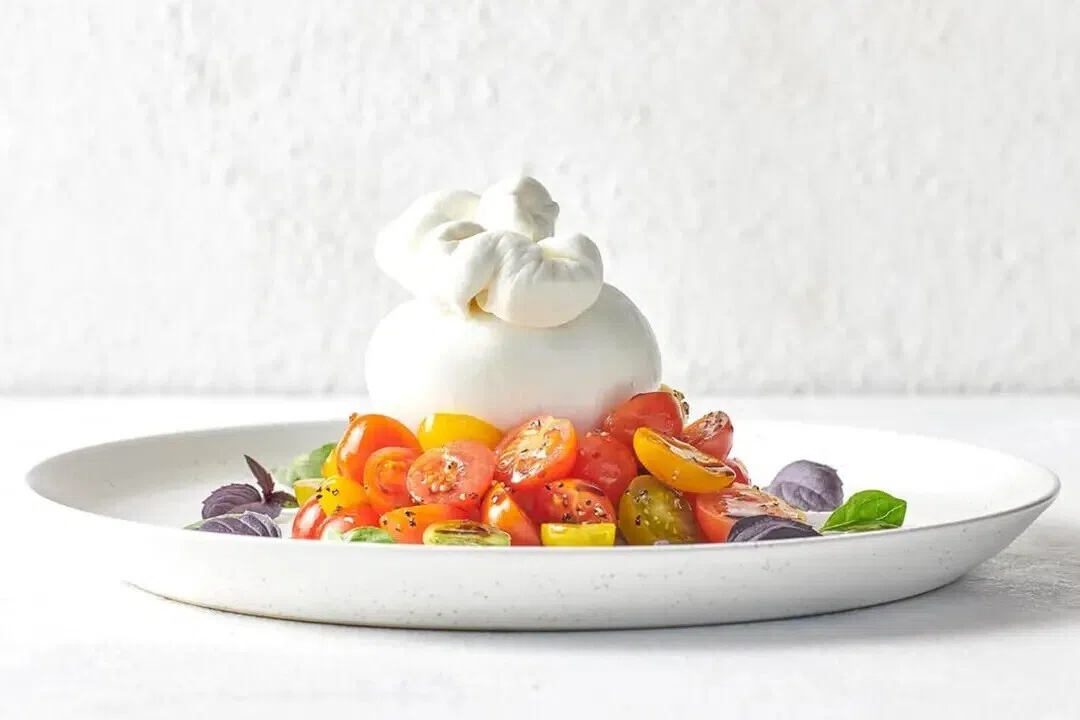
A global phenomenon
Meanwhile, InterContinental Singapore has made a bold bet on sleep. Not the vague “rest” promised by satin sheets – but the kind neuroscientists link to memory consolidation, immune function and metabolic repair.
In August 2025, it became the world’s first luxury hotel to roll out NuCalm, a patented neuroacoustic and bio-signal technology long used by military pilots, athletes and surgeons to induce rapid recovery states.
General manager Andreas Kramer says the decision was both practical and ambitious.
“When we looked at the needs of today’s traveller, whether business or leisure, one recurring theme kept coming up – the desire for rest. People are travelling more, their schedules are tighter, and many arrive in Singapore jet-lagged. We wanted to offer something that directly addresses that.”
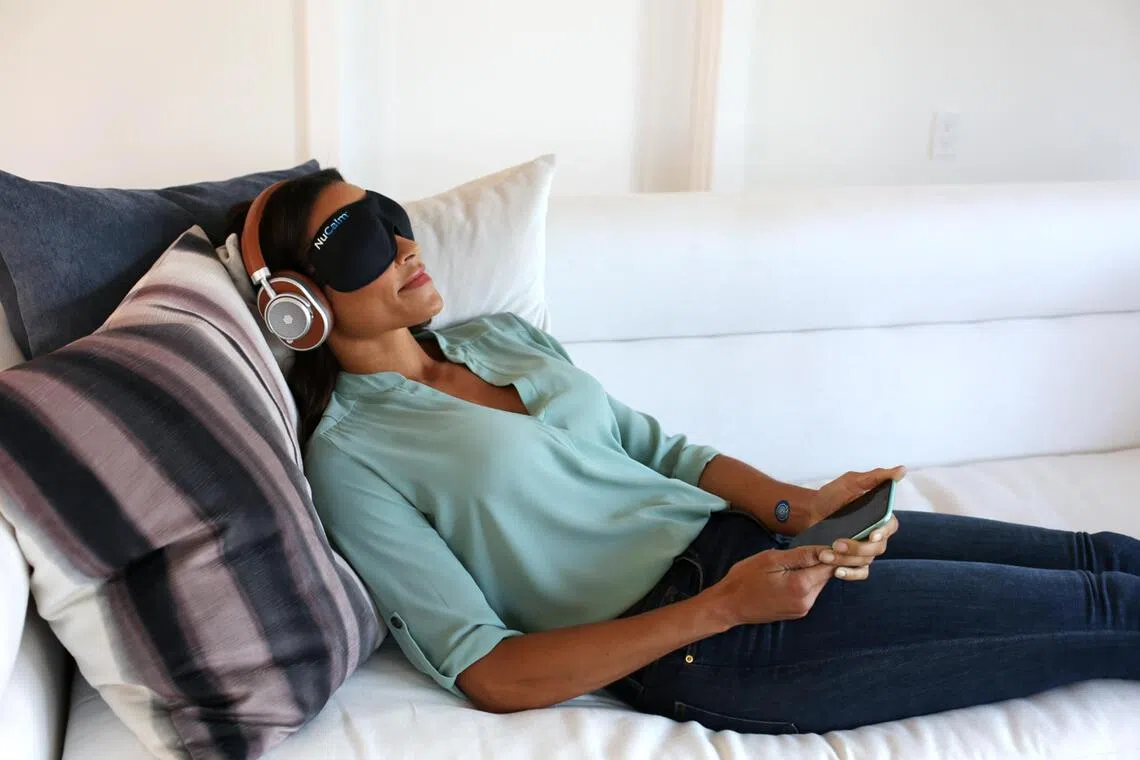
At InterContinental, junior suite guests can activate the NuCalm programme via in-room soundbars or their phones, streaming neuroacoustic soundscapes designed to lull the brain into recovery states.
The promise: a 30-minute session equates to two to three hours of restorative sleep. For frequent flyers from the US, Europe and Asia, that’s a powerful lure – as compelling as the hotel’s heritage location.
InterContinental is not alone in adopting sleep tech. In New York, Equinox Hotel offers circadian-aligned Sleep Lab rooms with adaptive mattresses and lighting to optimise rest. In Miami, Carillon Wellness Resort features artificial intelligence-powered Bryte smart beds and quantum harmonic sound therapy.
Singapore hotels are but a small part of the health technology wave in global hospitality. But here – with the city’s reputation as a business and medical hub, and its ageing population – the pace of change is accelerating.
Sumisha, the biohacker and frequent business traveller, sums it up: “When I started biohacking about eight years ago, these therapies were rare. Now they’re in hotels and clinics around the world, and they’re more affordably priced than before.
“It feels like the world is catching up with the way I’ve been living.”
Decoding Asia newsletter: your guide to navigating Asia in a new global order. Sign up here to get Decoding Asia newsletter. Delivered to your inbox. Free.
Copyright SPH Media. All rights reserved.


